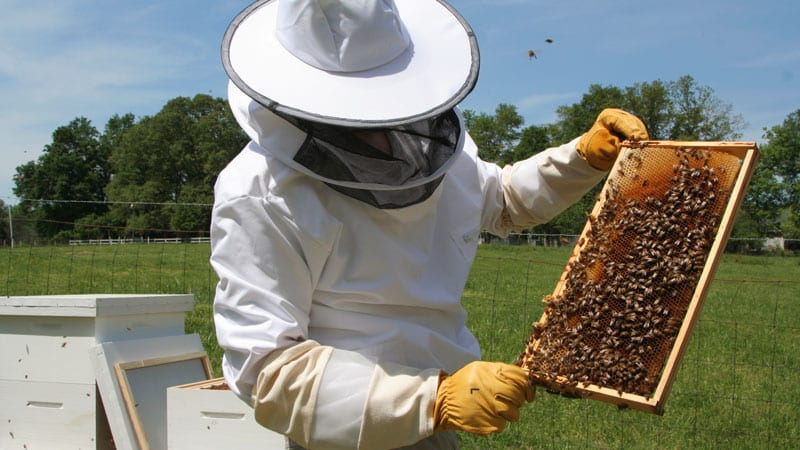CFO Randy Lee is named Seattle Business Magazine’s Executive of the Year after 46 years with PCC.
PCC releases new 5-year environmental and social goals in its annual Co-op Purposes Report. These include eliminating petroleum-based plastics from deli packaging, operating CO2 positive stores and donating 1 million meals to neighbors in need by 2022.
PCC joins the Better Chicken Initiative, pledging to enhance welfare standards for all fresh, frozen and ready-to-eat chicken products sold in its stores by 2024.
Burien PCC opens and is the area’s first certified organic food market.
PCC announces plans to open new stores in Seattle’s Ballard and Downtown neighborhoods, as well as a store in Bellevue, Washington.
PCC publishes its first cookbook, “Cooking from Scratch: 120 Recipes for Seasonal Cooking,” in partnership with Seattle-based publisher Sasquatch Books.
PCC stops selling Chinook salmon from Washington and Oregon in all stores to support the habitat restoration of endangered Southern Resident Killer Whales.
Seattle Business Magazine recognizes PCC as Business of the Year during its annual Community Impact Awards, citing PCC’s ethically sourced grocery items, a new robust employee benefits package, and donations to community food banks, schools and nonprofits including a $1 million donation to PCC Farmland Trust.
PCC Organic Pastured Eggs are launched in partnership with Wilcox Family Farms in Roy, Washington. The use of mobile coops allows the chickens continuous access to fresh pasture.
PCC Whole Grain Baguette is launched in partnership with Seattle’s Macrina Bakery. It’s made with organic grains grown by Williams Hudson Bay Farm in Touchet, Washington — a PCC Farmland Trust farm — that are milled locally by Cairnspring Mills in Burlington, Washington.
PCC is powered with 100% renewable energy for the first time through the purchase of renewable energy credits.







